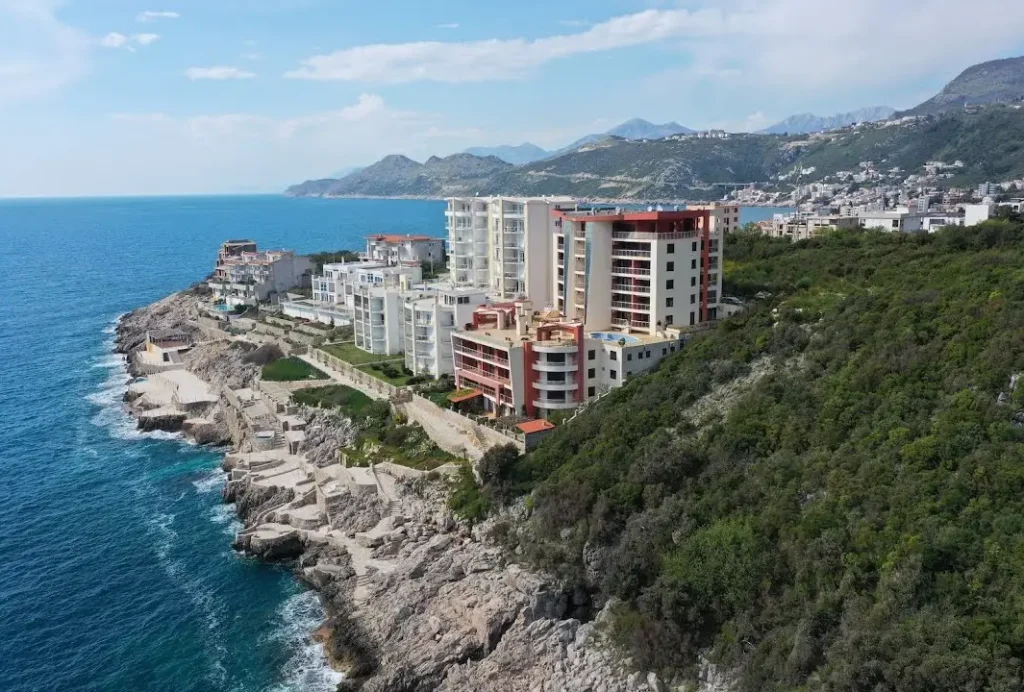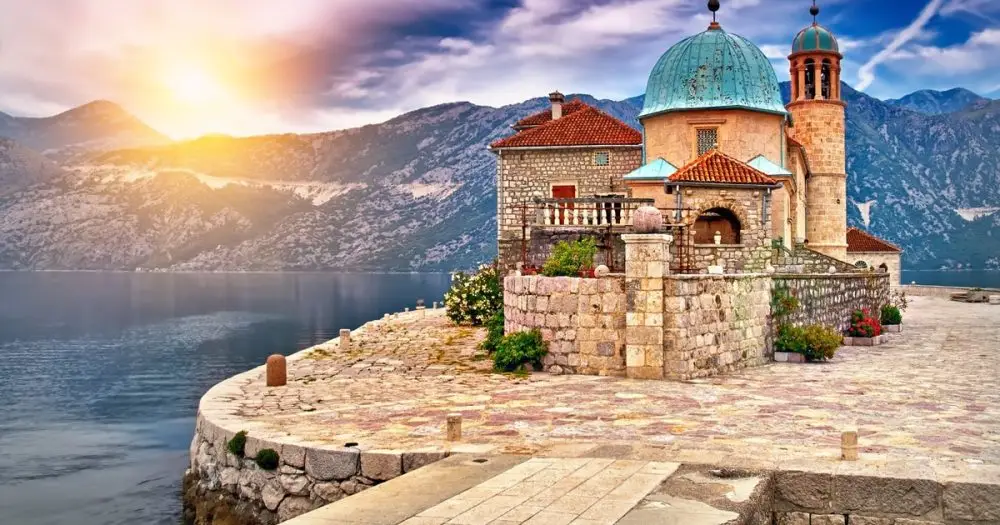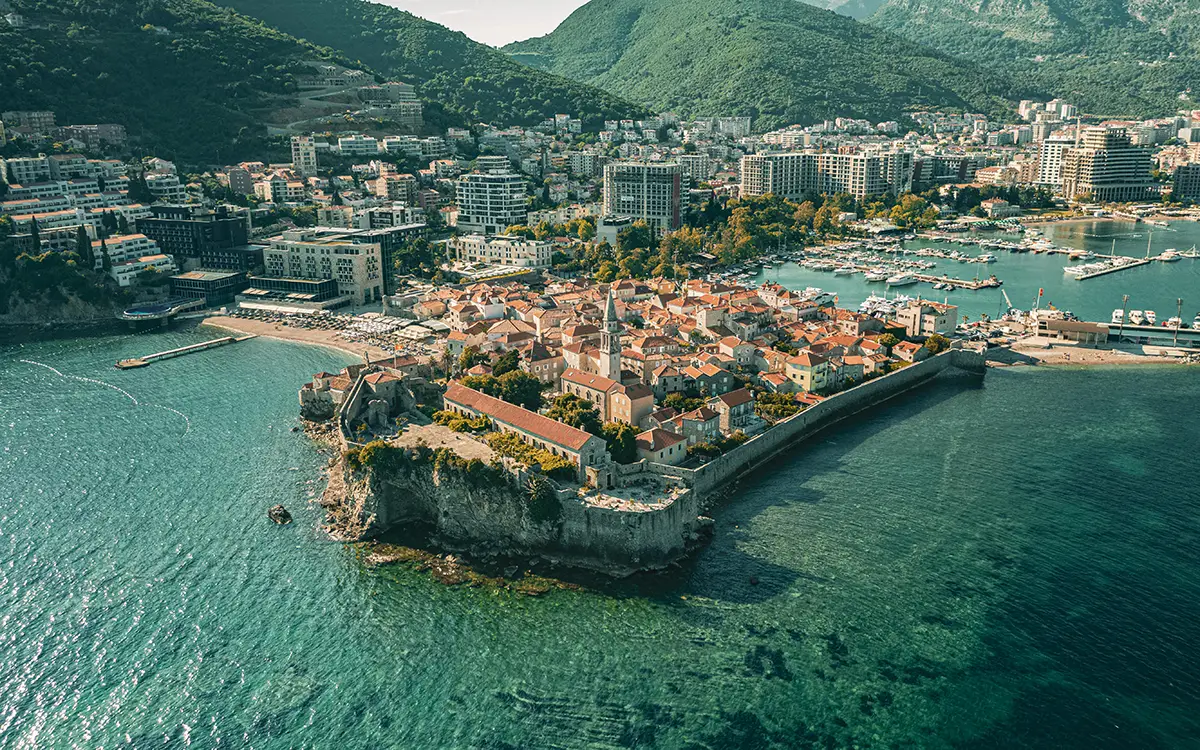Investing in property overseas no longer looks like a luxury – it has become a sound strategy for capital protection and growth. The benefits of investing in overseas commercial property open up a world of opportunities for investors, from stable cash flow to value growth in rapidly developing regions. Choosing the right market becomes the first step to financial independence. Montenegro is on this map as a new safe haven for capital.
Investing in overseas commercial property: basic advantages
Placing funds in commercial property abroad turns them into a working mechanism that generates income without the daily involvement of the owner. Main drivers of interest:
-
Real assets instead of virtual numbers in accounts.

-
Annualised returns above inflation.
-
Protecting funds from localised economic downturns.
-
Multi-currency income opportunity.
-
Tax optimisation tools through international treaties.
The benefits of investing in overseas commercial property are particularly pronounced over the long-term horizon, when the volatility of other assets drains the portfolios of less forward-thinking investors.
Advantages of investing in commercial property abroad in detail
 Investing outside your home market forms a powerful financial shield. Advantages:
Investing outside your home market forms a powerful financial shield. Advantages:
-
Stable demand: international rentals rarely sag even in crises.
-
Cost increases: infrastructure projects raise the price of properties without additional investment.
-
Access to global tenants: international chains lease properties on long term leases.
-
High liquidity: in-demand locations ensure quick sales in case of the need to exit the project.
-
Variety of formats: retail space, offices, hotels, apart-complexes.
The benefits of investing in commercial property overseas are enhanced by proper diversification and selection of high-growth markets.
Montenegro: a new star on the investor map
Montenegro is becoming one of the most promising destinations due to the combination of affordable prices, growing tourist flow and state support for investments.
Advantages:
-
GDP growth of 6-7% per year: one of the best dynamics in Europe.
-
Citizenship by Investment Programme: an opportunity to obtain an EU passport through a real estate investment.
-
Liberal taxation: tax on rental income as low as 9%.
-
Growing tourism market: tourist arrivals are increasing by 15-20% annually.
-
Direct neighbourhood with the EU: open borders and visa-free regime with Europe.
The benefits of investing in overseas commercial property in Montenegro go beyond classic returns, creating a foundation for personal empowerment on the international stage.
Passive income from real estate: the formula for a peaceful life
Commercial property in Montenegro brings stable income due to high rental demand in the tourist and business segments. The standard yield of properties is 6-8% per annum without taking into account the growth in value. Apartments on the coast or offices in Podgorica pay off faster than their counterparts in Western Europe due to low competition and strong internal dynamics of demand.
Passive income from property is made up of three components, including:
-
Regular rental payments.
-
Indexation of rental rates to the inflation rate.
-
Increase in property value when holding the property for more than three years.
Such a model creates a self-replicating income stream protected from localised fluctuations and inflationary processes.
Investment diversification: multiple layers of capital protection
Buying commercial property in different countries forms a stable investment portfolio capable of surviving even systemic global crises.
How diversification works:
-
Investing in different economies minimises geopolitical risks.
-
Different currencies in the portfolio reduce the impact of inflation of one of them.
-
The combination of different types of properties (offices, retail space, hotels) stabilises the overall cash flow.
The advantages of investing in foreign commercial property are most vividly manifested in multi-object portfolios, when the fall of one market is compensated by the growth of another.
Capital protection as a key benefit of investing in overseas commercial property
Commercial property abroad protects capital from instability and political risks better than most other assets. Key mechanisms:
-
Legislative protection of private property in Europe.
-
International agreements on the inviolability of investments.
-
Possibility to insure commercial risks through international companies.
-
Golden visa programme in Montenegro, opening the way to EU citizenship.
The mechanisms create an impenetrable defence of funds, allowing them to be preserved and multiplied regardless of domestic political conditions.
List of countries for investment
To take full advantage of the pros of investing in overseas commercial property, you need to choose the right regions. Promising destinations:
-
Montenegro: a new centre for European tourism and investment.
-
Cyprus: attractive tax rates and a stable market.
-
Greece: economic recovery and rising property prices.

-
Germany: the benchmark for stability and liquidity of commercial properties.
These countries allow for a sustainable and income-producing portfolio that can provide not only stability but also asset growth for decades to come.
The pros of investing in overseas commercial property – the path to a new level of freedom
 The benefits of investing in overseas commercial property today go far beyond simply generating income. They create a foundation for financial independence, global mobility and capital protection. Montenegro demonstrates that smart investments in the right jurisdictions open the door to international opportunities, EU citizenship and passive income without borders.
The benefits of investing in overseas commercial property today go far beyond simply generating income. They create a foundation for financial independence, global mobility and capital protection. Montenegro demonstrates that smart investments in the right jurisdictions open the door to international opportunities, EU citizenship and passive income without borders.
 en
en  ru
ru  de
de  ar
ar  es
es  nl
nl  hi
hi  fr
fr  it
it  pt
pt  el
el 











